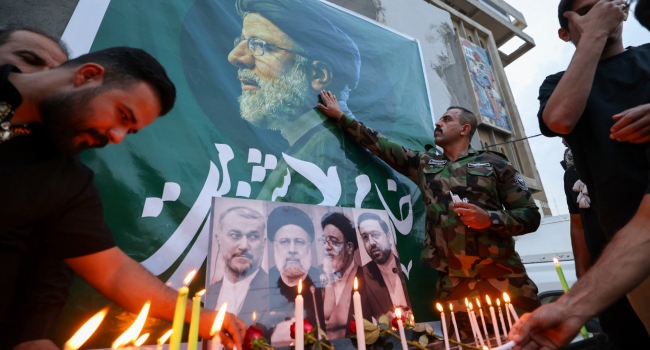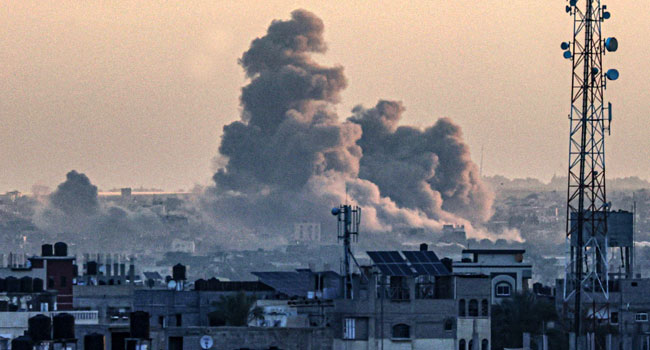Iran’s first vice president, Mohammad Mokhber, is expected to assume the presidency after Ebrahim Raisi’s death in a helicopter crash as the country gears up for early elections.
The Iranian constitution stipulates that the first vice president take over “in the event of the president’s death, dismissal, resignation, absence or illness for more than two months”.
Raisi, who died on Sunday along with Foreign Minister Hossein Amir-Abdollahian and other officials, was nearing the end of his first four-year term as president.
Mokhber’s interim appointment requires the approval of Iran’s supreme leader Ayatollah Ali Khamenei, who has the final word in all state affairs.
Presidential elections to pick a permanent successor are to be held within 50 days, according to the constitution.
A council made up of the parliament speaker, head of the judiciary and the vice president are to be tasked with organising the national vote.
Mokhber, 68, was appointed vice president as Raisi took office in August 2021.
The vice president was born in Dezful city in the southwestern province of Khuzestan, where he held several official positions.
For years since 2007, Mokhber chaired the Execution of Imam Khomeini’s Order, a governmental organisation tasked with managing properties confiscated following the 1979 Islamic revolution.
The foundation, established in the 1980s, has over the years grown to become a major state economic conglomerate with shares in various sectors.
Iranians head to the polls for presidential elections every four years since the Islamic republic’s first vote in 1980.
The constitution sets a two-term limit for Iranian presidents.
The position of prime minister does not exist in Iran, and the president — assisted by several vice presidents — is responsible for appointing and directing the cabinet.
AFP




